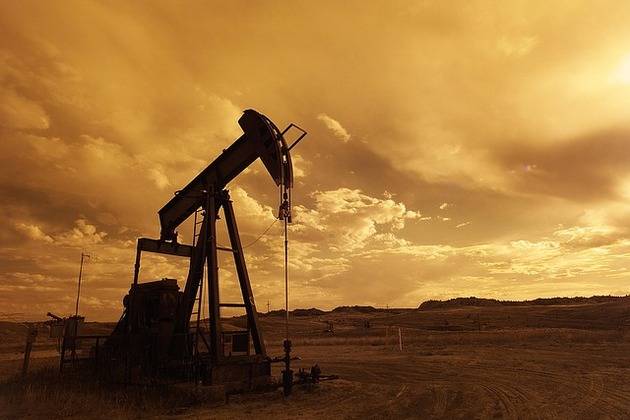What is Crude Oil? A Detailed Explanation on this Essential Fossil Fuel
What is Crude Oil? A Detailed Explanation on this Essential Fossil Fuel | OilPrice.com <<< LINK
"Crude oil, commonly known as petroleum, is a liquid found within the Earth comprised of hydrocarbons, organic compounds and small amounts of metal. While hydrocarbons are usually the primary component of crude oil, their composition can vary from 50%-97% depending on the type of crude oil and how it is extracted. Organic compounds like nitrogen, oxygen, and sulfur typically make-up between 6%-10% of crude oil while metals such as copper, nickel, vanadium and iron account for less than 1% of the total composition."
We do know that Oil and water do not mix. So whenever True Oil is spilled in the Ocean it will not mix with the water and so will form a layer of oil on top of the water. However since crude oil is not pure oil but many ingredients, crude oil will mix with the water and have a depth of oil/water mixture which will harm natural life.
Basically, the oil we use for fuel and energy is not pure oil but a mixture of ingredients which people risk lives and nature over.
If the crude oil is formed through compression, just as diamonds are, there must be a way to be able to manufacture some form of compression agent that will 'compress' the ingredients of crude oil to manufacture crude oil. We have microchips, sim cards, Wi-Fi, and every other form of advanced technology. We should be able to think of how ingredients could be compressed well and fine enough to manufacture crude oil, if crude oil is truly needed for daily living.
What is Crude Oil? A Detailed Explanation on this Essential Fossil Fuel | OilPrice.com <<< LINK
"Crude oil, commonly known as petroleum, is a liquid found within the Earth comprised of hydrocarbons, organic compounds and small amounts of metal. While hydrocarbons are usually the primary component of crude oil, their composition can vary from 50%-97% depending on the type of crude oil and how it is extracted. Organic compounds like nitrogen, oxygen, and sulfur typically make-up between 6%-10% of crude oil while metals such as copper, nickel, vanadium and iron account for less than 1% of the total composition."
We do know that Oil and water do not mix. So whenever True Oil is spilled in the Ocean it will not mix with the water and so will form a layer of oil on top of the water. However since crude oil is not pure oil but many ingredients, crude oil will mix with the water and have a depth of oil/water mixture which will harm natural life.
Basically, the oil we use for fuel and energy is not pure oil but a mixture of ingredients which people risk lives and nature over.
If the crude oil is formed through compression, just as diamonds are, there must be a way to be able to manufacture some form of compression agent that will 'compress' the ingredients of crude oil to manufacture crude oil. We have microchips, sim cards, Wi-Fi, and every other form of advanced technology. We should be able to think of how ingredients could be compressed well and fine enough to manufacture crude oil, if crude oil is truly needed for daily living.









